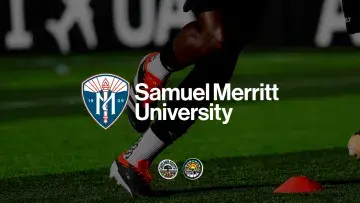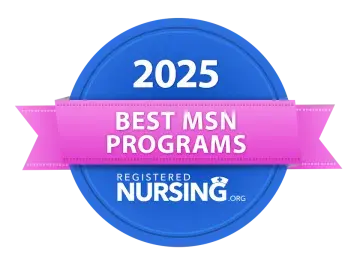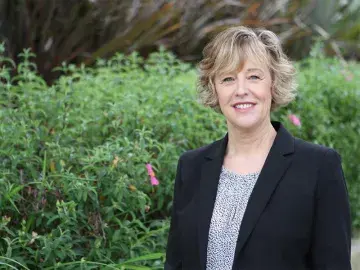What Disasters Teach Us About Healthcare
The destructive force of nature has been on vivid display in recent weeks. From deadly earthquakes to hurricanes, natural disasters are taking a tragic toll on people’s lives and drawing attention to the rescue efforts of first responders who scramble to save as many lives as possible.
In particular, images of powerful hurricanes devastating Caribbean islands, Florida and Texas evoke memories of the massive flooding caused by Katrina, the catastrophic storm on the Gulf Coast that killed nearly 2,000 people, displaced more than a million from their homes, and caused more than $100 billion in damage.
The 2005 disaster spawned panic, chaos and life-and-death decisions that are closely examined in “Five Days at Memorial: Life and Death in a Storm-Ravaged Hospital,” a book that has been embraced by Samuel Merritt University (SMU) as a must-read for aspiring healthcare professionals. The book explores the plight of patients and the actions of medical professionals trapped by floodwaters in a New Orleans hospital as they suffered intense heat and unsanitary conditions without electricity, water or government aid in the immediate aftermath of Katrina.
SMU Associate Professor Aara Amidi-Nouri, PhD, assigns “Five Days at Memorial” to her Bachelor of Science in Nursing (BSN) students nursing students to help highlight issues of teamwork, leadership and societal inequities.
“I adopted the book because I felt it was a needed narrative that blended so many concepts, such as the consequences of leadership failure, into a tragic outcome for patients and families,” she says, adding that the book succeeds in connecting the cognitive with the emotional for her students.
Amidi-Nouri read the book as part of SMU’s Community Reads, a two-year scholarly initiative centered on sharing a work of literature and engaging in dialogue related to health disparities and other critical issues in healthcare.
The book was written by Pulitzer Prize-winning author, physician, and journalist Sheri Fink, who has served as a relief worker in disaster and conflict zones.
In “Five Days at Memorial,” Fink writes: “Concepts of triage and medical rationing are a barometer of how those in power in a society value human life…. Emergencies are crucibles that contain and reveal the daily slower burning problems of medicine and beyond—our vulnerabilities, our trouble grappling with uncertainty; how we die, how we prioritize and divide what is precious and vital and limited.”
SMU’s Office of Diversity and Inclusion selected the book for its Community Reads Initiative for what it teaches students about treatment choices during a disaster, end-of-life decisions, team power struggles, human response under crisis, institutional inequities, and social justice.
“The book grapples with ethical dilemmas facing healthcare providers in New Orleans in the wake of Hurricane Katrina, but also has a lot to tell us about how we determine who lives and who dies during social upheavals and natural disasters,” says Assistant Professor Marjorie Hammer, MSN, co-founder and co-director of the Community Reads Initiative.
On Oct. 2, a community discussion will be held at 11:45 a.m. on SMU’s Oakland campus about the lessons of Hurricane Katrina for healthcare professionals in planning for life-threatening disasters.


